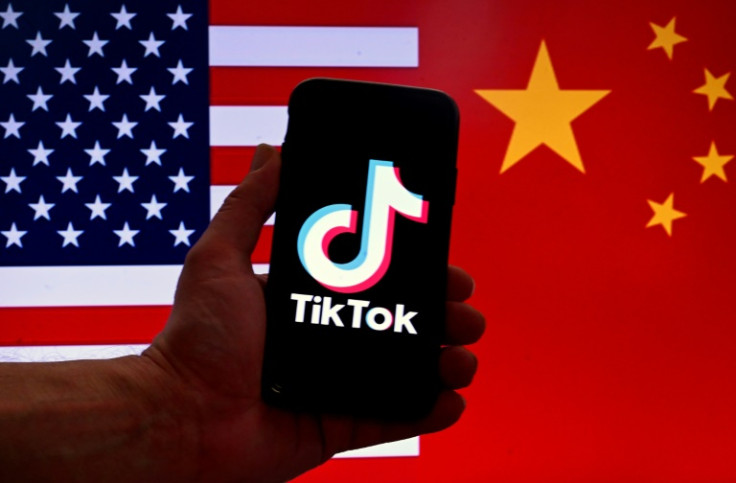TikTok Parent ByteDance's Valuation Plunges 26% Amid Share Buyback: Report

KEY POINTS
- ByteDance is reportedly offering to buy shares for $160 per share
- A similar buyback program was reportedly offered to non-U.S. employees last year
- TikTok is banned in government-issued devices in the U.S. and multiple EU countries
TikTok parent company ByteDance is reportedly buying back at least $300 million worth of stocks from current and ex-employees in the United States in a deal that will see the Chinese tech giant's valuation plummet by 26%.
The deal will bring the tech company's valuation to $223.5 billion, 26% down from a similar buyback transaction in 2022, The Information reported, citing two people with direct knowledge of the matter.
For current employees who have worked at ByteDance for less than two years, the company is offering to buy shares for $160 per share, the report said, adding that even laid-off employees were qualified for the said offer. Another person with direct knowledge of the transaction said both current and former workers have been given an October-end deadline to notify the company if they want to sell shares.
ByteDance did not immediately respond to International Business Times' request for comment.
ByteDance was last valued at $300 billion in a buyback program for non-U.S. employees in 2022, Reuters reported.
Before last year's buyback program for employees based outside the U.S., the company was valued at more than $400 billion by investors that included Tiger Global Management under private transactions. Before the massive jump in valuation, ByteDance was last valued at $180 billion in 2020.
News of the shares' buyback plan at ByteDance comes as the company grapples with a slew of TikTok bans on government devices across various countries this year, including the U.S., where calls to impose a blanket ban on the video-sharing app have been rife in recent months.
In February, the White House gave federal agencies only 30 days to remove TikTok from all government-issued devices, as ordered by Congress. Around the same time, the European Commission and EU Council announced a TikTok ban on staff devices.
Canada also banned TikTok on government-issued mobile devices in February, citing its commitment to "keeping government information secure."
New Zealand in March said that TikTok will be banned on devices linked to the country's parliamentary network amid cybersecurity concerns.
Also in March, British lawmakers were banned from using TikTok on any parliamentary devices and networks. A week earlier, the social media app was blocked on all UK government devices.
In April, Australia said it would ban TikTok on all government devices "as soon as practicable."
Austria followed suit in May, barring Austrian government workers from using the app on government-issued devices.
In France, lawmakers are urging the government to ban the video app unless the company clarifies its links to Beijing.
Back in the U.S., Montana became the first state to ban TikTok in mid-May. Under the Montana law, Apple and Google are required to remove the platform from their app stores. Violators may be faced with hefty fines – up to $10,000 each day a violation occurs. TikTok has since filed a lawsuit over the Montana blanket ban.
© Copyright IBTimes 2024. All rights reserved.






















